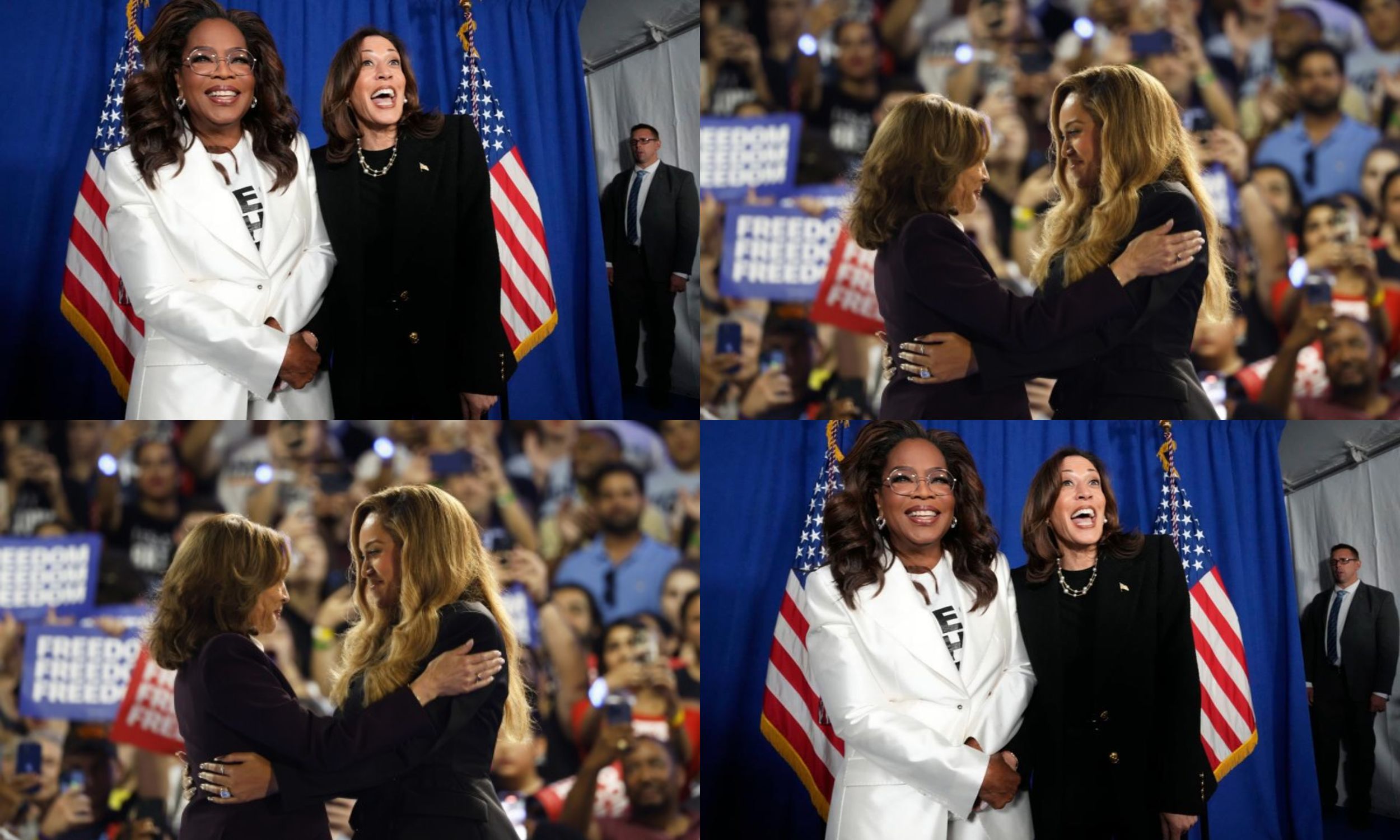Vice President Harris’s campaign has faced increasing scrutiny for its financial strategy following her loss to President-elect Trump. Reports indicate that her campaign spent over $1 billion and is reportedly $20 million in debt, a claim her team has denied.
Patrick Stauffer, the Harris campaign’s chief financial officer, clarified that there were no outstanding debts or overdue bills as of Election Day, assuring that neither the Democratic National Committee (DNC) nor Harris’s campaign committee will report post-election debt.
While many Democrats acknowledge the challenges Harris faced, particularly after President Biden’s late withdrawal in July, her failure to win any swing states or the popular vote has led to intense self-reflection within the party.

James Zogby, a veteran DNC member, stressed the importance of transparency, suggesting that if the party asks for contributions, it must also demonstrate how funds were utilized effectively.
Questions have emerged about the campaign’s spending choices, including high costs for events featuring celebrities like Oprah Winfrey and Beyoncé, which some feel could have been redirected to more targeted outreach strategies.
Democratic strategist Jon Reinish suggested alternatives such as focusing on Hispanic and Black male voters through podcasts or tailored communications. Meanwhile, Rodell Mollineau, a strategist affiliated with a pro-Biden super PAC, called for a comprehensive review of campaign finances to assess what worked and what didn’t.
Mollineau emphasized that such audits should also extend to super PAC expenditures, as they had fewer constraints compared to the Harris campaign. Despite losing key battleground states, her team credited their strong fundraising efforts for keeping the margins close.
Stauffer defended their approach, highlighting that Harris’s fundraising allowed for an aggressive strategy that kept the race competitive in pivotal states.
Campaign officials argue that Harris faced extraordinary circumstances, taking charge of the Democratic ticket just months before Election Day, which required passing a divided electorate and reaching lower-information voters.
Her team pointed to substantial investments in Latino media and outreach as one of their early and strategies. Former communications director Jamal Simmons noted deeper issues that predated Harris’s nomination, including Joe Biden’s debate struggles, which may have been foreseeable to some.
Simmons criticized Biden’s team for not addressing Republican attacks on Harris earlier in her tenure. He contended that challenges with the Harris campaign stemmed from longstanding issues rather than decisions made in the final months.
He also suggested that the Biden White House could have taken more proactive steps to shield her from relentless Republican criticism. As the campaign’s financial details are set to become clearer after its December 5 post-election filing, many Democrats are reflecting on lessons learned while acknowledging some positive elements of the strategy.
Caitlin Legacki, a Democratic strategist, defended the innovative approach of Harris’s high-profile interview with Oprah, calling it a cost-effective experiment in direct political engagement that could set a trend for future campaigns.


